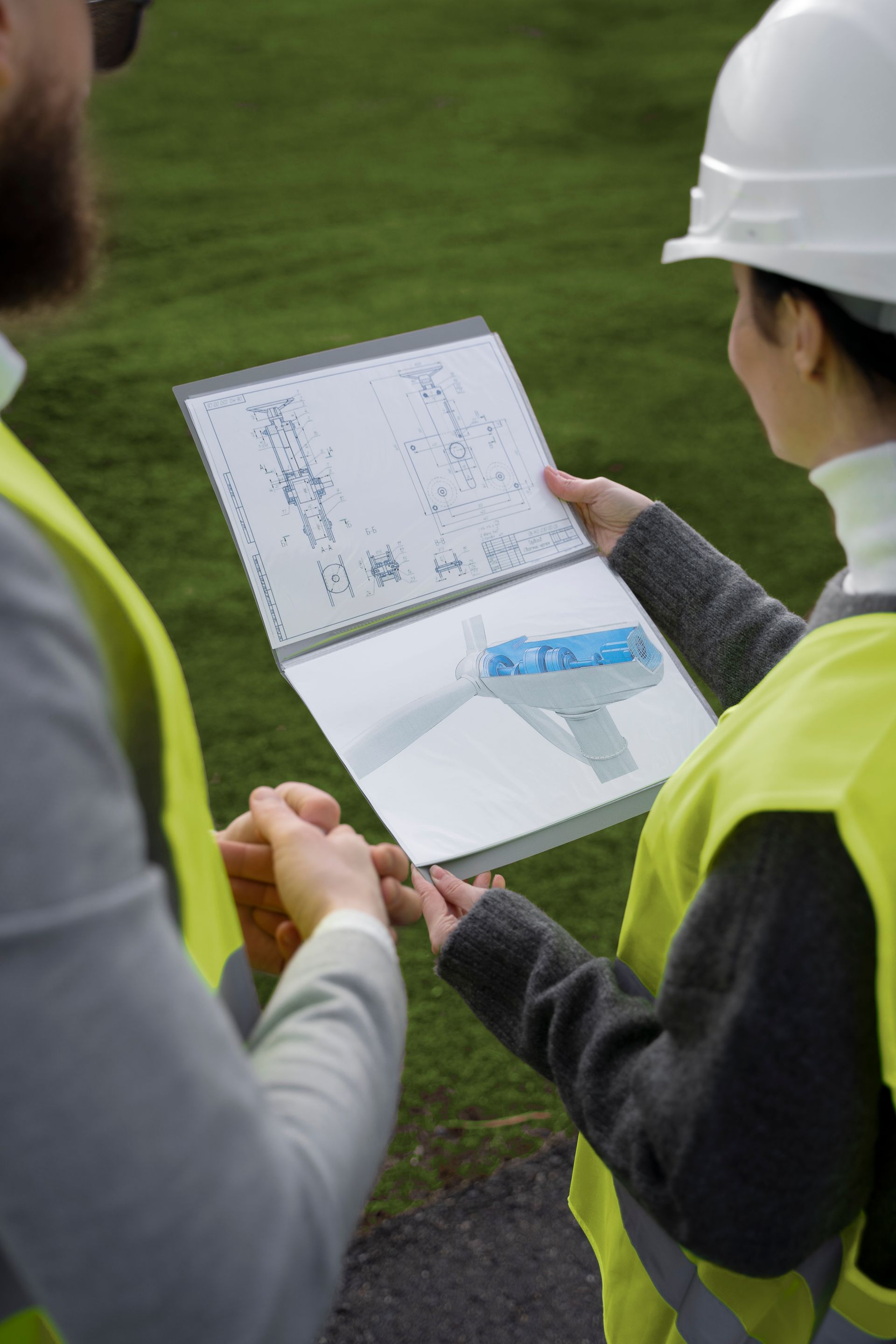How Land Surveying Is Powering the Future of Infrastructure and Design?
If you’re searching for reliable “land surveying near me,” understanding the critical role that land surveying plays in infrastructure and design is essential. From shaping urban landscapes to laying the groundwork for complex projects, land surveying provides the foundation upon which modern construction and design stand. This blog will explore how land surveying is influencing future infrastructure developments and transforming design practices in the industry.
Mapping the Ground for Smarter Developments
Land surveying is not just about measuring land; it is about creating a detailed map that guides engineers, architects, and planners. Precise surveys identify boundaries, elevations, and natural features that affect construction. This careful groundwork prevents costly errors, reduces risks, and ensures projects progress smoothly. With the demand for innovative infrastructure rising, surveyors contribute valuable data that helps optimize land use and infrastructure planning.
Precision Measurements That Save Time and Costs
In infrastructure projects, accuracy is vital. Modern surveying tools capture exact measurements with minimal error, which reduces the need for rework or redesign. This precision also helps project managers allocate resources efficiently and stay within budget. From highways to bridges and urban facilities, accurate land data streamlines construction schedules and improves overall project quality.
Enhancing Design Through Detailed Site Insights
Survey data offers architects and engineers a clear picture of the site's physical characteristics. This information shapes design decisions such as foundation type, drainage systems, and placement of utilities. Detailed insights from surveying reduce surprises during construction, allowing design to align perfectly with the real environment. As design becomes more adaptive to the site, infrastructure is better integrated into the existing landscape.
Supporting Infrastructure Resilience and Safety
Land surveying plays a key role in assessing land stability and risk factors. Identifying soil types, slopes, and potential obstacles ensures that infrastructure is built to last and withstand external pressures. Reliable surveying data allows for safer, more durable construction, protecting both assets and people. As infrastructure faces growing demands, surveyors help deliver resilient solutions by informing proper design and engineering approaches.
Streamlining Urban Expansion and Smart Cities
Rapid urban growth calls for smart planning. Land surveying enables detailed mapping of urban areas, guiding how cities expand without disrupting existing structures. Surveyors help balance development with public spaces, utilities, and transport networks. Their role becomes even more important in creating smart cities where infrastructure adapts to population needs and environmental factors.
The Future of Infrastructure is Data-Driven
The future of infrastructure relies heavily on accurate, accessible data. Land surveying delivers this essential information, powering modern design software and project management systems. Real-time updates and 3D modeling are increasingly common, and surveyors provide the core data to fuel these technologies. As infrastructure becomes more complex, survey data ensures all stakeholders stay aligned, improving communication and decision-making.
Bridging Technology and Field Expertise
Advanced technology like drones and GPS have transformed land surveying into a high-tech operation. However, the skill and experience of surveyors remain irreplaceable. They interpret data, identify on-site conditions, and provide insights that machines alone cannot. This blend of technology and human expertise guarantees comprehensive results that support sophisticated infrastructure designs.
Reducing Legal Disputes Through Accurate Boundaries
Clear land boundaries prevent legal complications that often delay construction. Surveying establishes exact limits, preventing property conflicts and safeguarding investments. Accurate records also support compliance with zoning laws and building codes, which is essential for smooth project approvals and community trust.
Facilitating Infrastructure Maintenance and Upgrades
Land surveying is not limited to new projects. It plays an ongoing role in maintaining and upgrading existing infrastructure. Surveys help identify changes or damages over time, guiding repair work and expansions. This continuous monitoring supports infrastructure longevity and functionality.
Final Look:
For those seeking “property surveyors near me,” partnering with experienced professionals is key to achieving successful project outcomes. At RealMapInfo LLC, our team combines deep knowledge with the latest equipment to provide comprehensive surveying services tailored to your needs. We understand how vital accurate land data is for your infrastructure and design goals, and we are committed to delivering clear, actionable results.
Ready to move forward with precise and trusted land surveying? Contact RealMapInfo LLC today and let’s build a strong foundation for your next project.
FAQs:
1. What is the main purpose of land surveying?
Land surveying determines land boundaries, elevation, and features to support safe and accurate construction planning.
2. Why is land surveying important before starting a project?
It helps avoid costly mistakes, ensures legal compliance, and provides data for proper design and layout.
3. Who typically needs land surveying services?
Homeowners, builders, developers, architects, and engineers all rely on surveying for accurate site information.
4. How often should land surveys be updated?
Surveys should be updated before new construction, property sales, or if changes to the land occur.
5. Can land surveying prevent legal issues?
Yes, accurate surveys help define property lines clearly, reducing the risk of boundary-related disputes.












Share On: